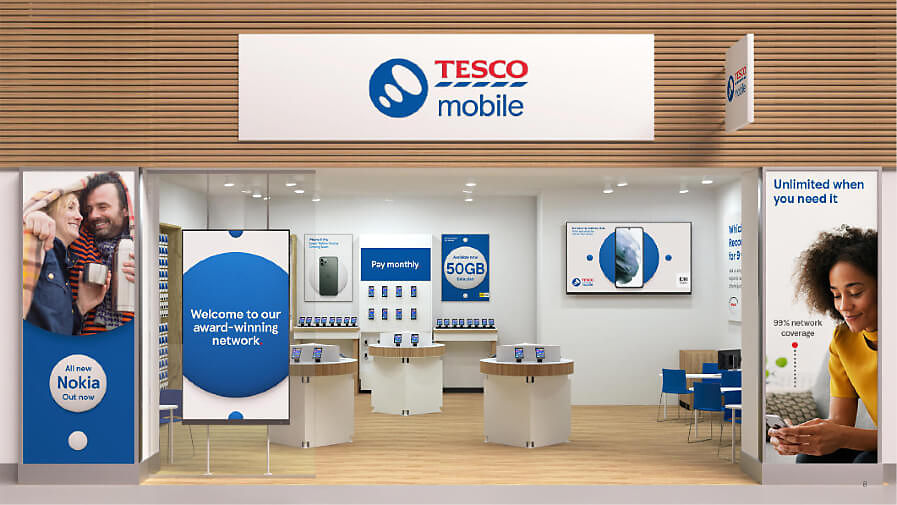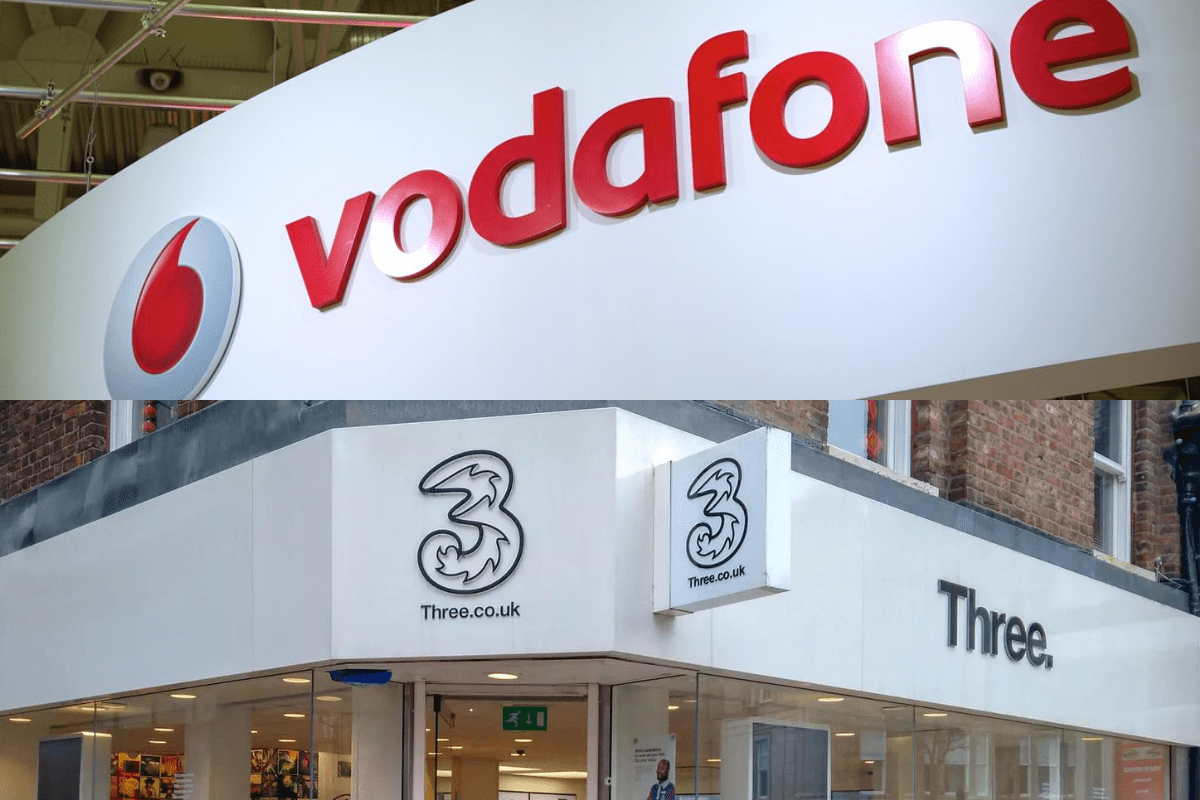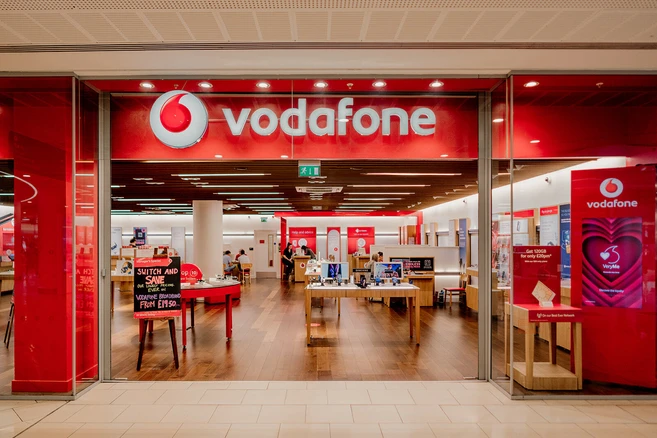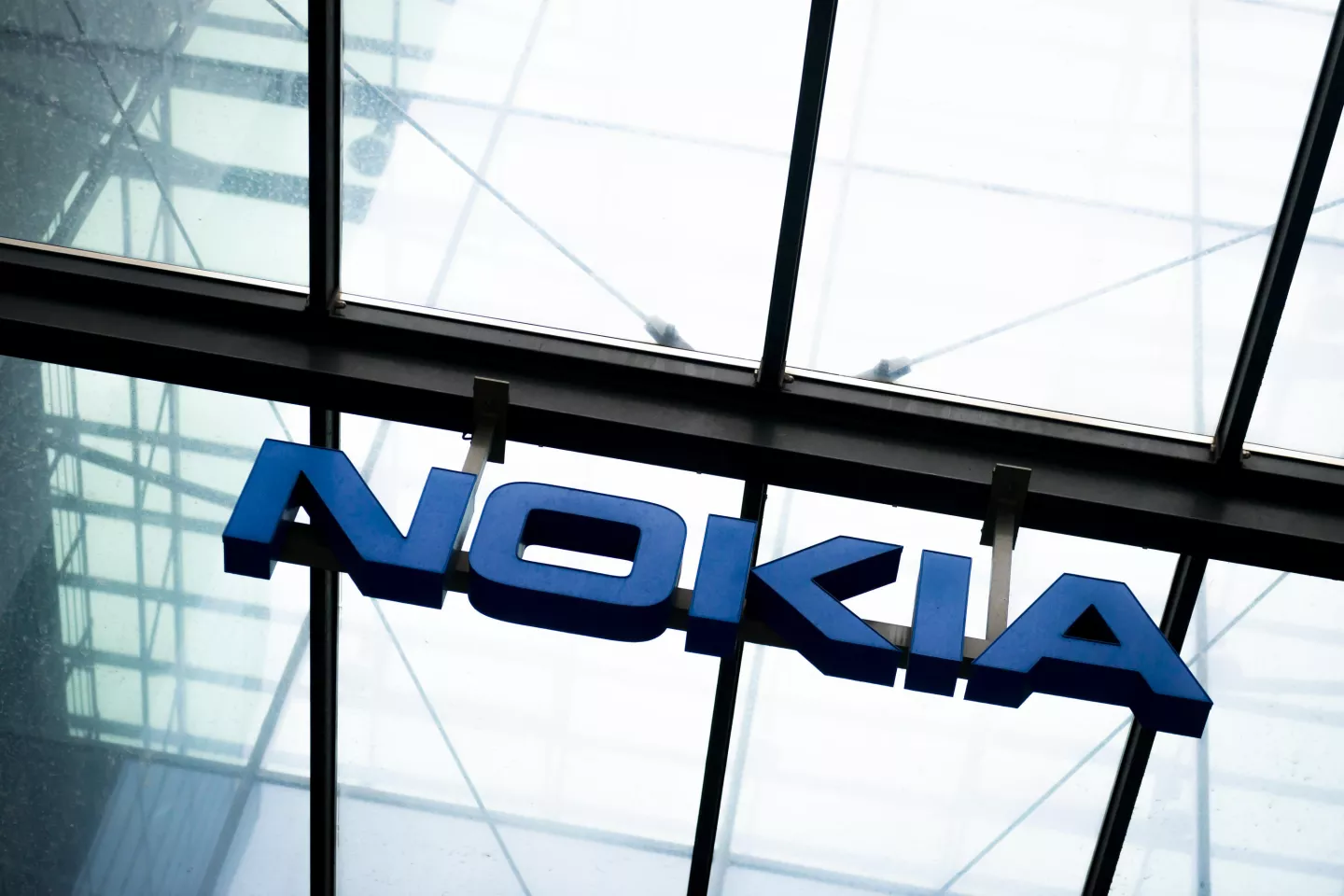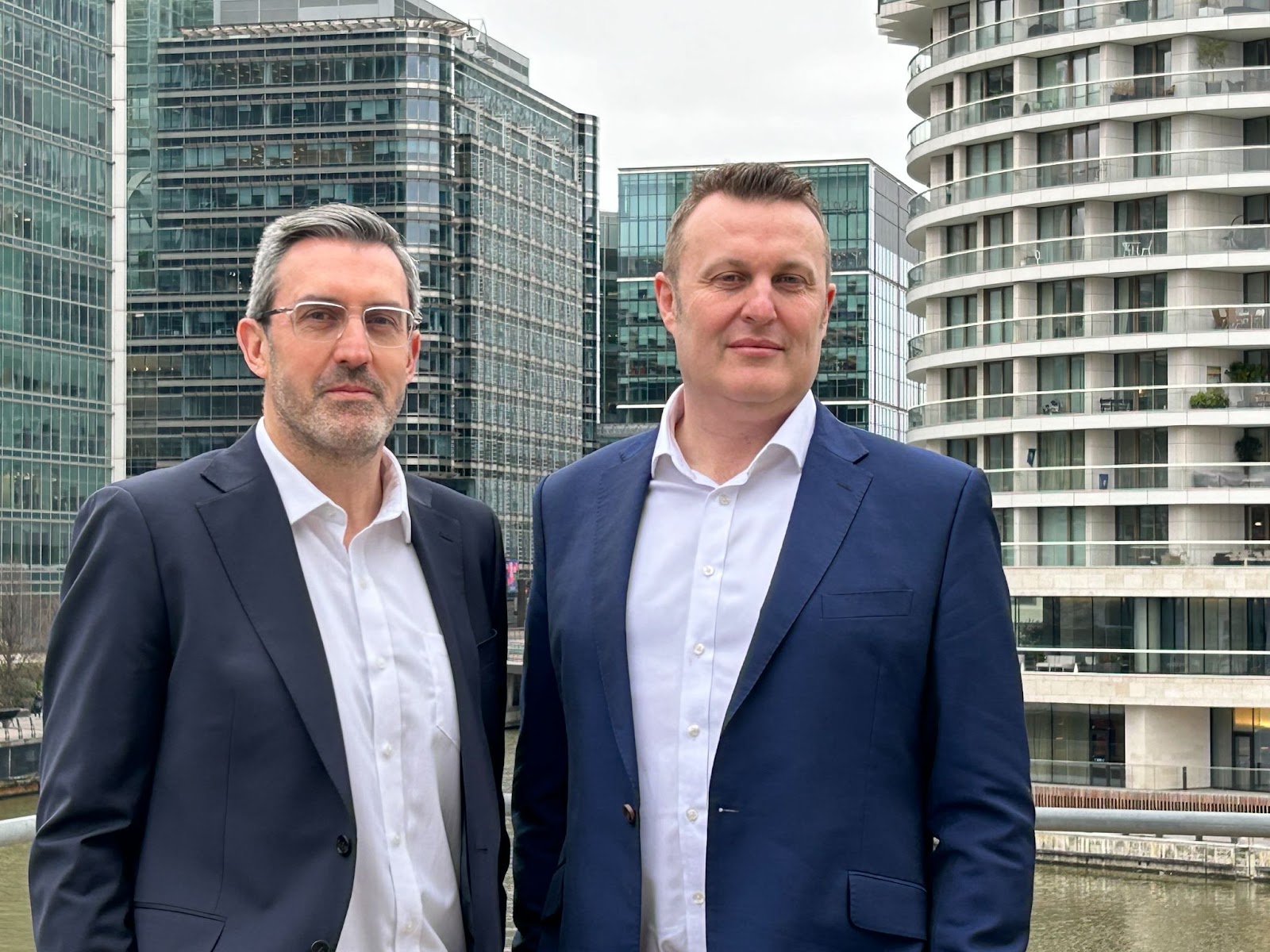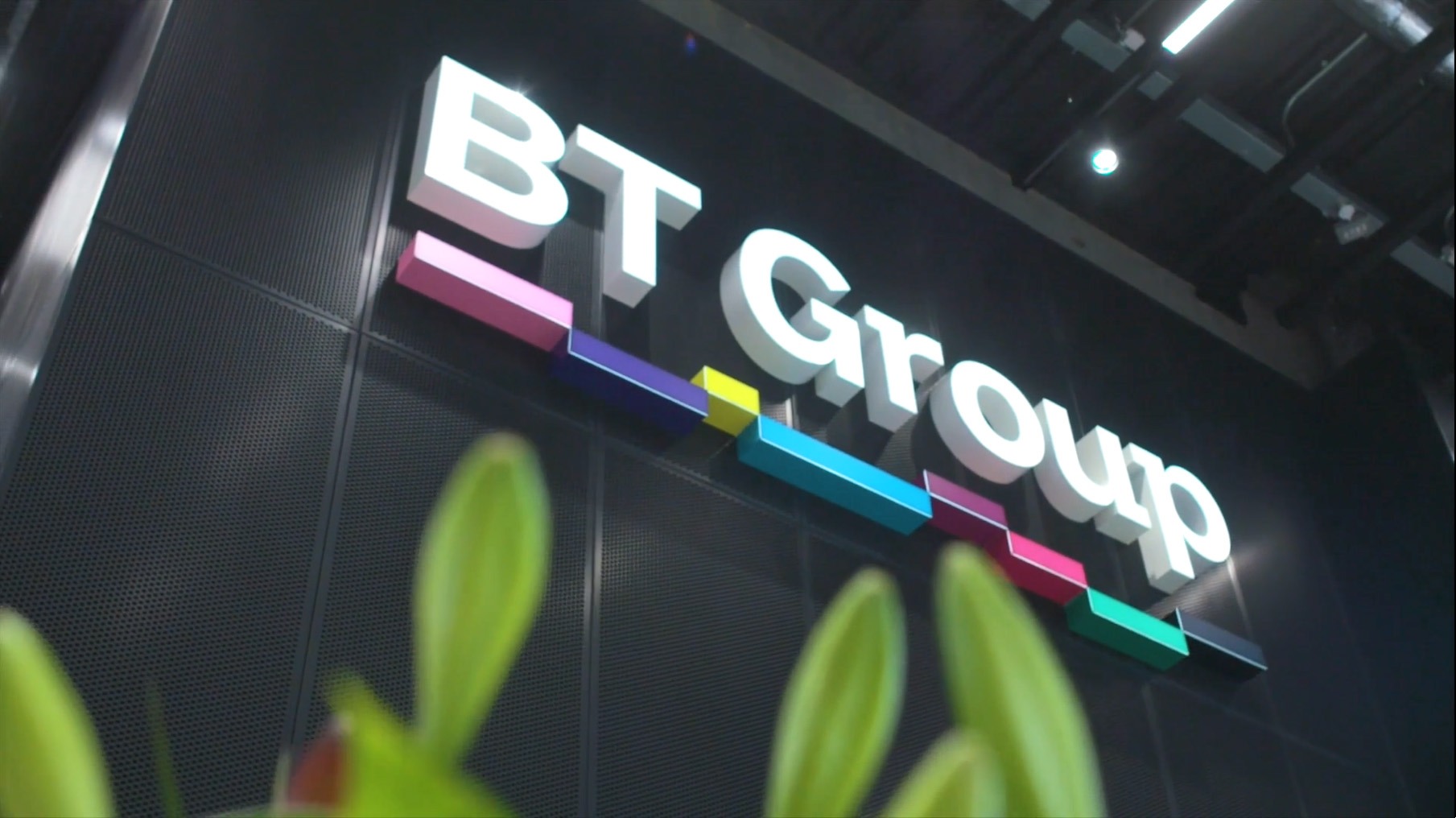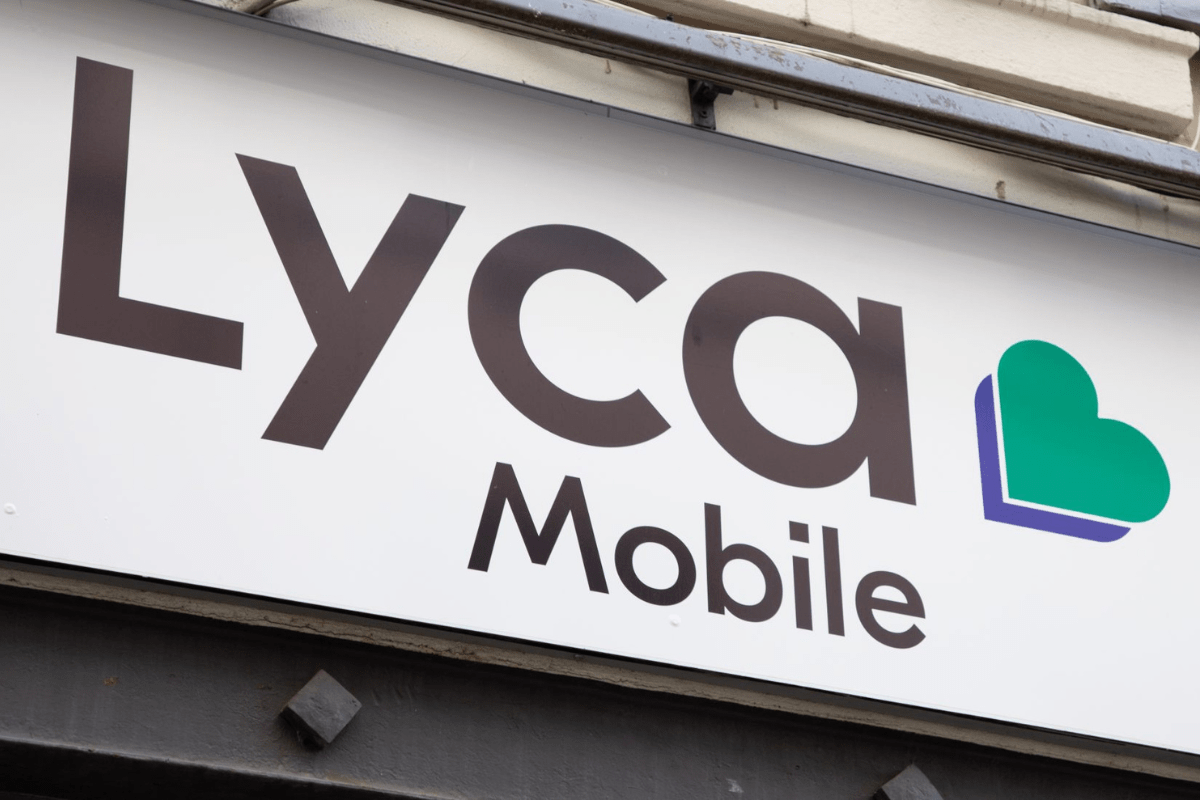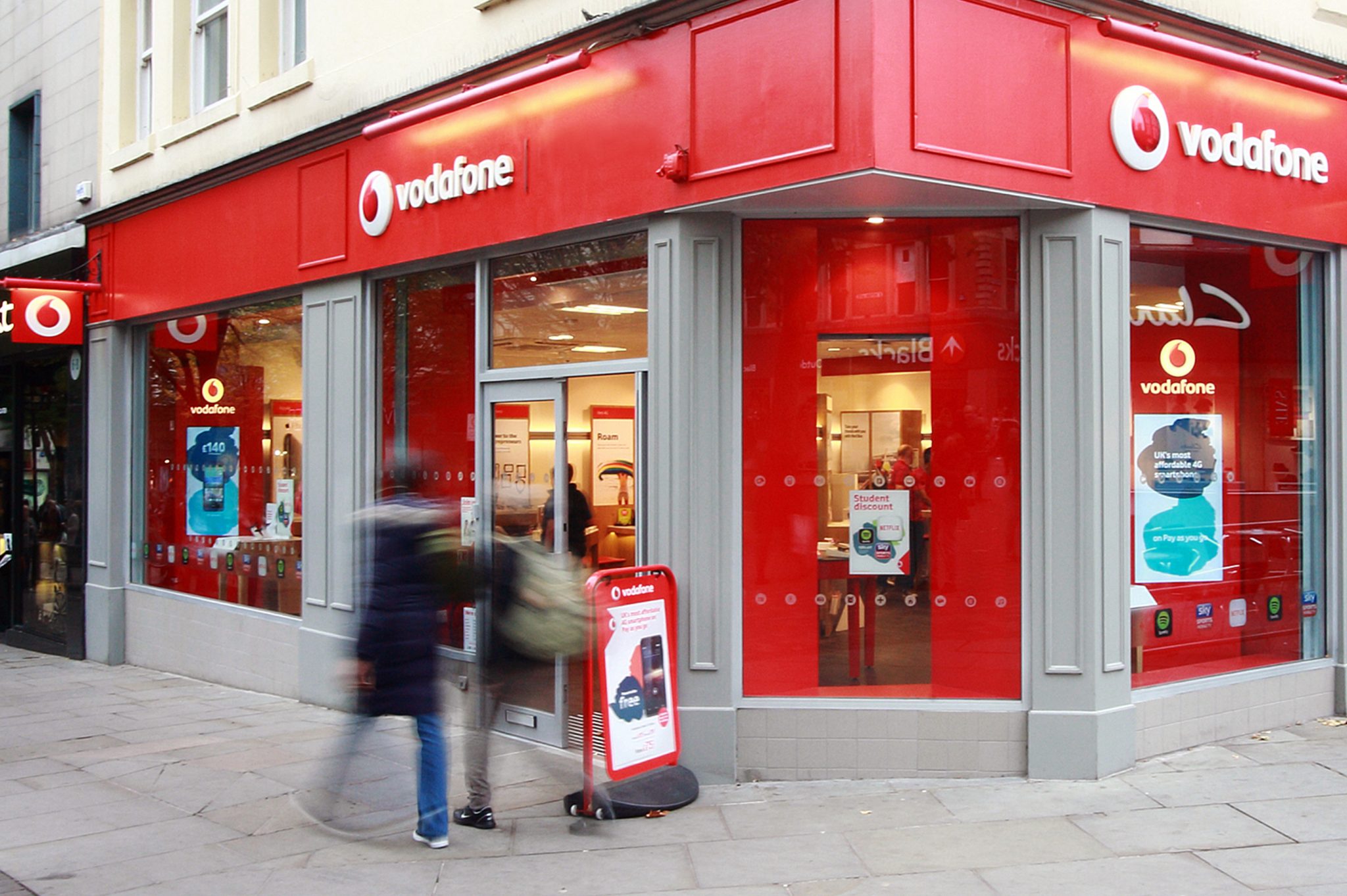 DM: So tell us a little bit about your background Rob, and your partner in this new venture, Charlie Makin.
DM: So tell us a little bit about your background Rob, and your partner in this new venture, Charlie Makin.
RT: Sure. I’ve worked in mobile for 10 years, five of which was spent helping to launch and build a pureplay mobile agency, Incentivated. More recently, I’ve been consulting, training, and writing two mobile marketing guides.
I’ve known Charlie for many years. He was a former client from my days in the outdoor industry, and I’ve also had lots of contact with him in recent years through his involvement with Capablue, a second-screen infrastructure specialist advising clients like C5 on digit technology and offering a companion experience to TV programmes.
DM: And you’re backed by agency group EDC?
RT: That’s right, they’re the parent company of Elvis and of Dare Digital, named Campaign magazine’s Agency of the Decade at the end of 2009, with strong creative and technical expertise in all areas of digital, and a great client list, including the likes of BMW, Barclays and Barclaycard.
DM: Where did that relationship come from?
RT: Paul Hammersley, the group chief executive, worked with Charlie at Saatchi & Saatchi and they have remained close ever since. Paul told us that he chose to back our venture, rather than buying an established agency, because his experience of working with acquired businesses is that it presents significant cultural challenges, and he wanted to build from within, rather than start with a separate business and a separate culture that then has to be integrated.
The advantage of the relationship with EDC is that they have senior level contacts with board directors within big brands. These people are making investment and strategy decisions that impact on the whole business. Being plugged in at that level opens doors that are closed to a lot of agencies, because they tend to deal with people in more junior management positions, with narrower budget responsibilities, and a narrower definition of how to improve the customer experience.
DM: So why this and why now? Why does the world need another mobile marketing agency?
RT: It’s a fair question. So much of mobile’s progress has been hindered by agencies and advisers focusing on the technology, rather than the customer. We want to understand our clients’ customers in detail from the mobile perspective – what device they are using, where, and to do what – and then use this as the starting point to develop a strategy. This provides a logic and a framework to set out the business case for the investment needed to take full advantage of mobile, and then decide what the mobile delivery looks like, whether it’s site- or app-based, or both.
There’s no point in having a fantastic mobile proposition if there’s no traffic going to it, so a key point is to understand who the target customers are and then develop a strategy to drive traffic, whether its search, advertising or social-based, or using above-the-line activation channels to drive people to the property and critically analyse in detail exactly what those customer journeys are, which bits of the site or app are getting most traffic and constantly fine-tune the content and the user experience to take account of actual behaviour, rather than base it on what you think people are doing. By measuring and adapting your offering you can increase conversions and sales and maximise return on investment.
DM: So from your work over the past decade on mobile, where does it sit on brands’ radar right now?
RT: With a few notable exceptions, which win the awards and devote significant budgets to mobile, they know about it at a high level, but not in granular detail. But they want to know more; there is a growing appetite for knowledge, in fact, and also a need to distinguish between the important, business-changing components of mobile, and the effective tactical choices that present themselves.
I think the focus has to be to take a broader view of mobile, to understand that a lot of marketing is digital these days, and that more digital budgets are migrating into mobile. It’s impossible to talk about search, display advertising, content, social, analytics and data without referencing mobile, and this trend will only continue as consumers make the mobile or tablet their device of preference to engage with brands. In an organisational sense, if mobile is dedicated a single budget line, it sits in isolation from the broader digital disciplines and the organisation will miss out.
I think in general mobile has been held back because those responsible for mobile deployment tend to be more junior executives who do not always see the bigger picture and the opportunity to transform the business by opening up new revenue streams on mobile and tablet or by taking advantage of the cost efficiencies of running a business with mobile at its heart, because this is how your customers and staff are already behaving.
I would urge brands to set aside a budget for mobile with the expectation that you will make mistakes, in order to arrive at the best solution for your customers and for the business, and then focus your resource and effort on that formula that works best for your customers, and for the business.
Rob Thurner is managing partner at Burn The Sky





